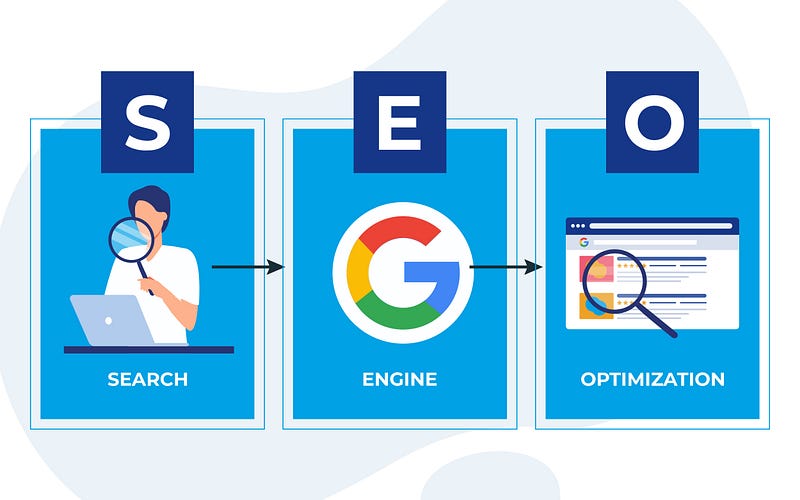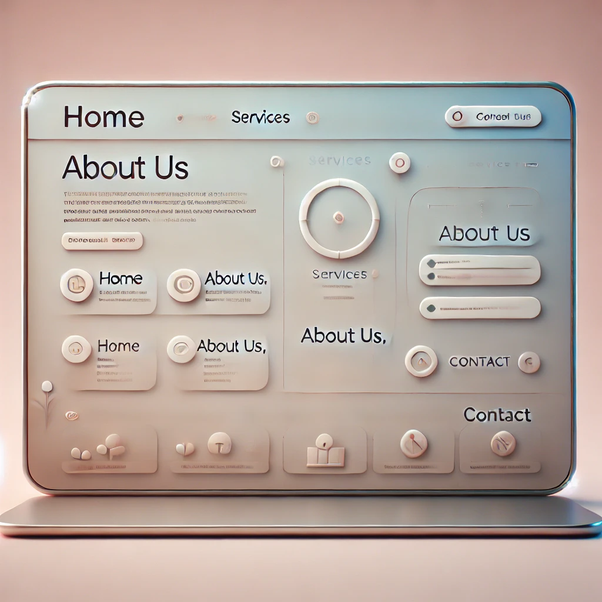In today’s digital landscape, attracting the right audience to your website is crucial for business...
Personalizing User Interactions with Chatbots

In today’s digital landscape, chatbots are becoming an essential tool for businesses to engage with their customers. By personalizing user interactions with chatbots, companies can enhance customer satisfaction and drive loyalty. Personalization involves tailoring responses and recommendations to individual users based on their preferences and behavior, making the interaction feel more human and relevant.
To achieve effective personalization, it’s crucial to utilize data analytics and machine learning. These technologies help chatbots understand user preferences and predict their needs. For example, a chatbot can analyze past interactions to suggest products or services that align with the user’s interests. By integrating natural language processing (NLP), chatbots can also understand and respond to user queries in a more conversational manner, further enhancing the user experience.
One of the key benefits of personalizing chatbot interactions is improved customer engagement. Personalized responses can make users feel valued and understood, which encourages them to spend more time on the platform. This increased engagement can lead to higher conversion rates, as users are more likely to act on recommendations that feel tailored to their needs. Additionally, personalized chatbots can collect valuable feedback, helping businesses refine their offerings and better meet customer expectations.
Moreover, personalization extends beyond just the content of the conversation. It includes understanding the user’s preferred communication style, tone, and even the time of interaction. For instance, a chatbot might recognize that a particular user prefers concise, formal language and adjust its responses accordingly. This level of customization can significantly enhance the user experience, making interactions more pleasant and efficient.
In conclusion, personalizing user interactions with chatbots is a powerful strategy for businesses looking to improve customer satisfaction and loyalty. By leveraging data analytics, machine learning, and NLP, companies can create a more engaging and relevant experience for their users. This not only helps in retaining customers but also in attracting new ones through positive word-of-mouth and enhanced brand reputation.


